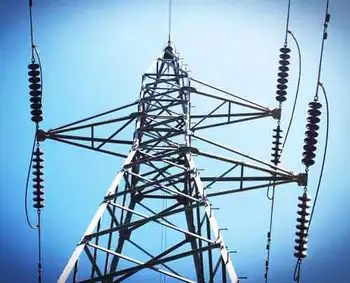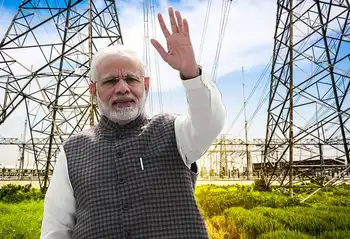Siemens, RWE Energy virtual power plant on line
By Power Engineering
Protective Relay Training - Basic
Our customized live online or in‑person group training can be delivered to your staff at your location.

- Live Online
- 12 hours Instructor-led
- Group Training Available
In a first phase nine hydroelectric facilities operated by Lister- und Lennekraftwerke in Sauerland, North Rhine-Westphalia, were integrated in the plant linkup. The capacity of these distributed generating facilities ranges from 150 kW to 1100 kW. The total capacity of all the plants amounts to approximately 8600 kW.
With the virtual power plant sales channels can be utilized which would otherwise not have been available to the operators of the individual facilities. In the linkup the plants can be operated even more efficiently and thus more economically than before – thus providing benefits for the operators of the distributed generating facilities. RWE will also be marketing the electricity generated on the EEX power exchange.
In the virtual power plant distributed energy management and communication with the generating facilities play a special role. By deploying existing products from Siemens Energy's portfolio such as the distributed energy management system DEMS and the DER (distributed energy resources) controller it was possible to realize the virtual power plant in a very short time: The DEMS is the central feature of the virtual power plant.
With this system it is not only possible to implement an intelligent linkup of the distributed generating facilities but also to achieve cost-effective, eco-friendly unit commitment. The DER controller used for communication is specially geared to meet the requirements of distributed generating facilities.
With this pilot project Siemens and RWE Energy will demonstrate the technical and economic viability of virtual power plants and accumulate findings for further possible applications. In the course of the project further distributed generating facilities such as engine-based cogeneration plants, biomass and wind power plants are to be integrated into the linkup.
In addition to economic benefits the aim of the coordinated utilization of distributed generating facilities is above all to make a contribution toward the improved market integration of these facilities.











